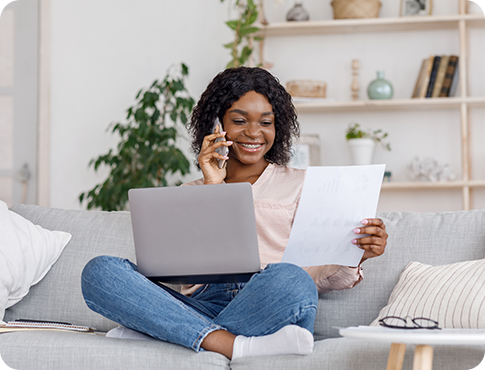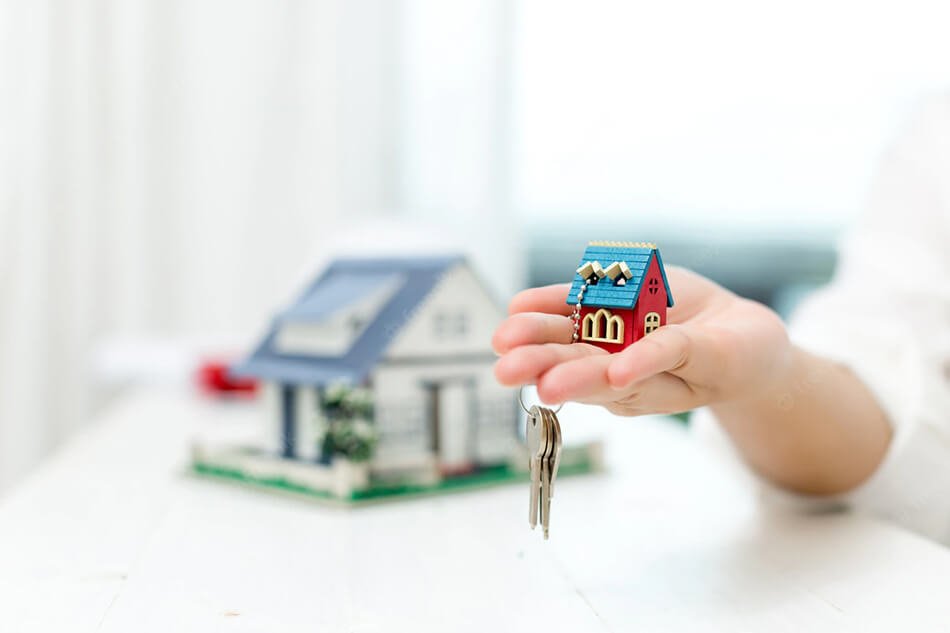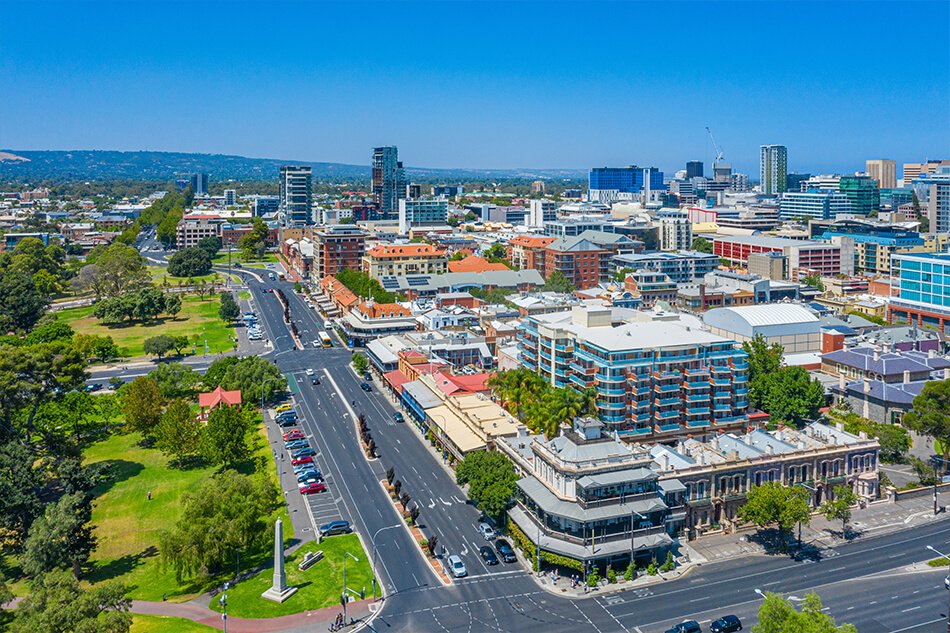- What is a second home?
- 1. Why are you buying a second property?
- 2. How much deposit is needed for a second home?
- 3. Is a second home a good investment?
- 4. Can I get a home loan for a second property?
- 5. What are the extra costs of a second house?
- 6. Where should I buy an investment property?
- 7. What kind of property should I buy?
- 8. What type of mortgage should I get?
- 9. How can I get a good deal on a property?
- 10. What is the rental potential of my second home?
- 11. What capital growth value is there?
- 12. How do I manage the property?
- 13. What tax will I need to pay on a second home?
- 14. What if I make a loss?
- Bottom Line
- FAQs
Purchasing a second home or property investment is an excellent way to earn additional funds. However, buying a second home is an expensive and sometimes risky venture. Investment properties require large sums of money and maintenance. While the thought of rental income might be attractive, are you prepared for everything owning a second house requires?
What is a second home?
A second property is essentially what it says on the tin. If you already own your first property, purchasing another would be a second home. Generally speaking, most Australians rent out their second property to tenants. However, a second property could also be a holiday home, secondary residence, retirement property, or a home for a family member.
Unless you’re in a very financially strong position, you’ll likely want a return on your new property investment. Typically, rental income will offer short term cash flow. In the long term, selling your property for capital gains will make your investment worthwhile. Let’s look at what you should consider before purchasing a second home.
1. Why are you buying a second property?
Your first consideration should be your personal objectives. Why are you buying a second home? The first time around, you wanted a house to call your own. Now that dream is fulfilled, why do you want another property?
Understanding your goals will help you decide what kind of property you should buy. A holiday home, for example, will be very different from a rental property. Additionally, purchasing a second residence for yourself or your family will differ from a retirement property.
If the goal is to make a profit, you’ll have to look at areas with high capital growth and in high demand by renters. Whereas, if purchasing for yourself, you can make more personal decisions about your preferences.
2. How much deposit is needed for a second home?
Just as when you purchased your first investment property or home, you’ll need to put down a deposit. No matter how many properties you own, most lenders require a 20% deposit to avoid Lenders Mortgage Insurance. Fortunately, if you already own one home, you can leverage the equity in your home as a deposit.
How does equity work when buying a second home? Well, if you have paid off a certain amount on your existing property home loan, you’ll own a portion of the property – called equity. You can use the equity in your home as security for your new property. Even if you don’t have enough equity in your home, you can combine it with a cash deposit to avoid paying Lenders Mortgage Insurance.
To calculate your home equity, subtract the remaining home loan balance from the property value.
3. Is a second home a good investment?
Purchasing another property could be an excellent investment with significant returns. However, it could also be a risky venture that results in a loss. The key is to prepare yourself.
Take stock of your financial situation. Is it the best time to diversify your property portfolio? If you cannot afford to take on additional home loan repayments on an investment loan, it’s probably not the right time. Two mortgages is a significant financial commitment.
A successful property investment starts with finding the right property at the right price. Speak to a local real estate agent about the property market before taking on a second home loan.
4. Can I get a home loan for a second property?
Yes, theoretically, you can get two mortgages at once. However, this depends on your circumstances and financial situation. Before you even begin house hunting, you should speak to a Sydney home loan broker or calculate your borrowing power to see which home loans are available.
There are several different investment loan structures. Determining the right loan depends on your investment strategy. Seek professional advice about which home loan option best suits you and decide whether or not you meet their lending criteria.
Moreover, check out your new home loan’s interest and comparison rate to ensure investing in property is a smart financial decision.
5. What are the extra costs of a second house?
Whether it’s your first property or second, buying a home means additional fees. Here are the potential costs involved with your second property.
- Property management fees
- Mortgage repayments
- Maintenance costs
- Council rates
- Insurance
Other costs might also appear – such as tenant advertising costs. Your expected rental income and tax deductions should alleviate some financial burdens. However, ensure you create a detailed budget of your expected expenses and income to make the most cost savings.
Additionally, consider the cost of your home loan. Can you save money by avoiding redraw fees or improving your borrowing power? Or negotiate lower interest rates?
6. Where should I buy an investment property?
If you’re buying a second property to rent out to good tenants, deciding the location of your new home should be one of your top priorities. Remember to keep your personal preferences out of the decision. Your dream home isn’t necessarily the same as someone else’s. An investment property should be in an area with good public transport links and other amenities.
To avoid high vacancy rates, determine what kind of tenant you wish to attract – e.g. families, sole occupants, students. Then, focus your search on the needs of that particular tenant.
However, you also need to consider your capital gains beyond rental returns. Is the property in a high growth area? Look at other recent sales in the area. What are the chances your property increases in value?
7. What kind of property should I buy?
Similar to location, the kind of property you purchase is essential. For example, apartments and units have lower rental returns and are cheaper. On the other hand, house values are more likely to increase as land appreciates more than buildings. That said, land in a more affordable area isn’t necessarily a better deal than a high-demand location apartment.
8. What type of mortgage should I get?
Speak to a mortgage broker about which kind of home loan will suit you. Most property investors have higher borrowing power than first-time owner-occupier buyers. Therefore, you can negotiate your home loan to get the best deal.
Consider whether you want a variable or fixed-rate home loan repayments. Or whether you’d prefer a principal and interest loan or an interest-only home loan. Plus, many additional features, such as an offset account or redraw facility, will help you save money on your mortgage repayments.
Also, think about other fees involved. A mortgage broker might negotiate fee waivers, such as early repayment fees. Look at comparison rates to determine additional costs associated with the loan.
9. How can I get a good deal on a property?
Before you make an offer on a property, you should establish its actual value. While it’s true that a property is worth whatever the highest biller is willing to pay, you don’t want to spend more than you have to. You can hire a professional to value your property or estimate the value yourself by looking at the local property market.
Remember, the lender will also complete a property valuation. If your offer to the vendor is higher than what the bank deems the property’s worth, they might not lend you the entire loan amount. If you haven’t got a subject to finance clause in your sale contract, you may have to make up the shortfall.
10. What is the rental potential of my second home?
If your primary purpose for buying an investment property is to earn a capital gain, you’ll want to know whether you will get a good rental return. If the house is currently rented out, this should give you a solid idea of your rental income. Alternatively, you could ask a real estate agent for their opinion on the property’s rental returns.
Don’t forget that you will need to pay property maintenance and management fees and repay your home loan.
11. What capital growth value is there?
To make a substantial capital gain, try to purchase a property in a high capital growth suburb. You should also think about how else you can add value to the investment property. Is there room for renovations or adding another bedroom to improve rental income and long term capital gains?
12. How do I manage the property?
You should decide whether you will personally oversee the management of the investment property or hire a third party to do so. This decision is for all property investors, whether you plan to use your second house for yourself or rent it out.
As a general rule, you should expect to pay a property management company between 5 – 10% of the weekly rental income.
13. What tax will I need to pay on a second home?
Firstly, if you’re renting your investment property, you will need to pay income tax on your earnings. You can deduct property-related expenses from your total taxable income. The total income tax you pay depends on your tax bracket.
Additionally, you may have to pay capital gains tax when you sell the house. Australians receive the main residence CGT exemption on homes they’ve lived in for 12 months or more. Unfortunately, this doesn’t apply to second homes. As a result, you’ll need to pay capital gains tax when you sell your investment property.
14. What if I make a loss?
As with all investments, it’s vital to determine your plan of action should you make a loss. Fortunately, in Australia, property investors can negatively gear rental homes. This means you can deduce your loss from your taxable income.
Bottom Line
Purchasing a second home is a risky and rewarding venture. As long as you research your prospective second house and create a plan should things go wrong, your investment should result in long term returns. Make sure you get the best home loan for your investment.
Get the latest news and updates from Lendstreet
Join and subscribe to our newsletter.
FAQs
How much deposit do I need to buy a second home?
To avoid paying LMI, you’ll need a 20% deposit to purchase a home. If you already own a property, you can use the home equity as additional security on your new purchase, reducing the cash deposit requirements.
Is it good to buy a second home?
Second homes are great investment opportunities for many. However, they also come with high costs and high risks. Research your local property market and speak to a mortgage broker to determine if it’s the right decision for you.
What is considered an investment property?
Investment properties are land or buildings held for rental returns or capital gains appreciation. It could be residential, commercial, or a holiday home. Investment properties are liable for additional taxes and costs.
What is the 1% rule for an investment property?
The 1% rule means that the price of the investment property should be no more than 1% of the rental income. However, the 1% rule isn’t a guarantee of investment success or failure as it prioritises cash flow over long-term investment.
What percent deposit do you need for an investment property?
Ideally, you need a 20% deposit to purchase a property. However, if you are buying a second home, you can use the home equity from your first property as a deposit.
Article image – Home loan photo created by jcomp – www.freepik.com
Schedule a call to one of our expert mortgage broker
Ask our expert mortgage brokers anything about home loans.
Related articles
If you're buying or selling an Australian property, you'll be faced with a contract of sale. Anyone who wants to ...
Are you thinking about buying an investment property interstate? As Sydney's property prices skyrocket to nearly $2 million, many Australians ...
Buying a house goes far beyond the initial purchase price. Negotiating the property purchase with a real estate agent is ...









